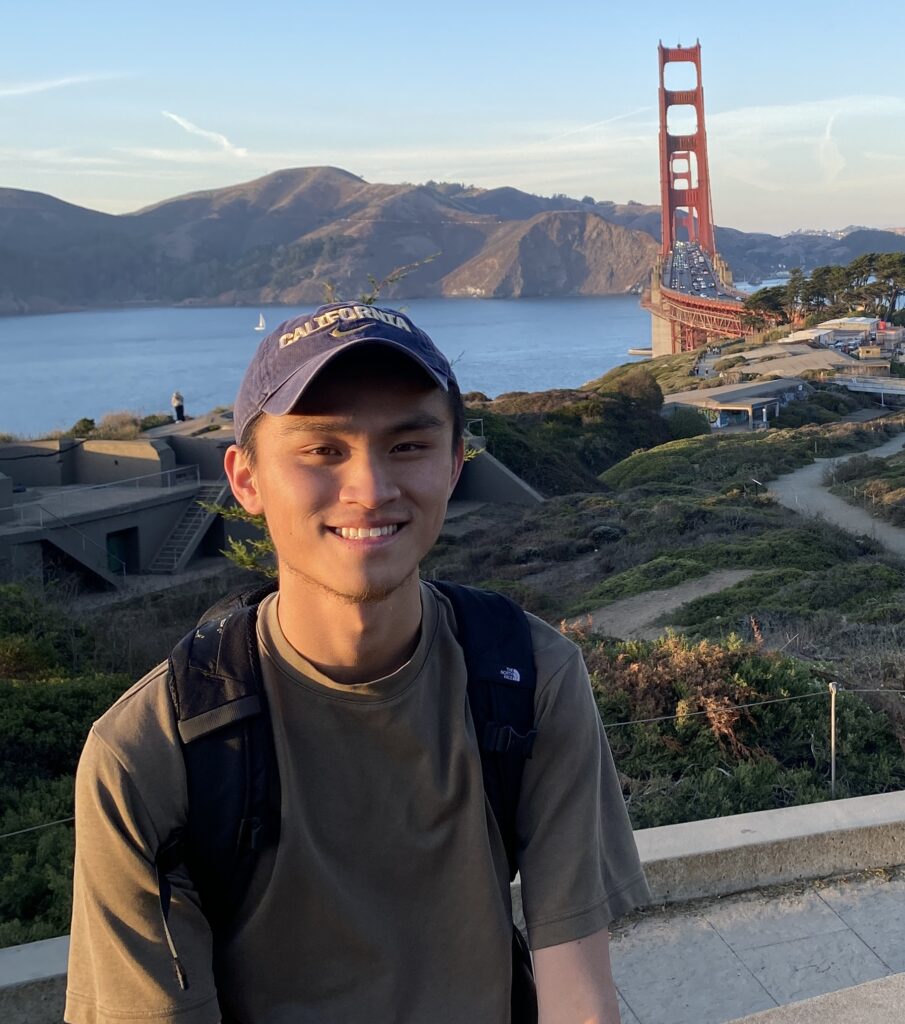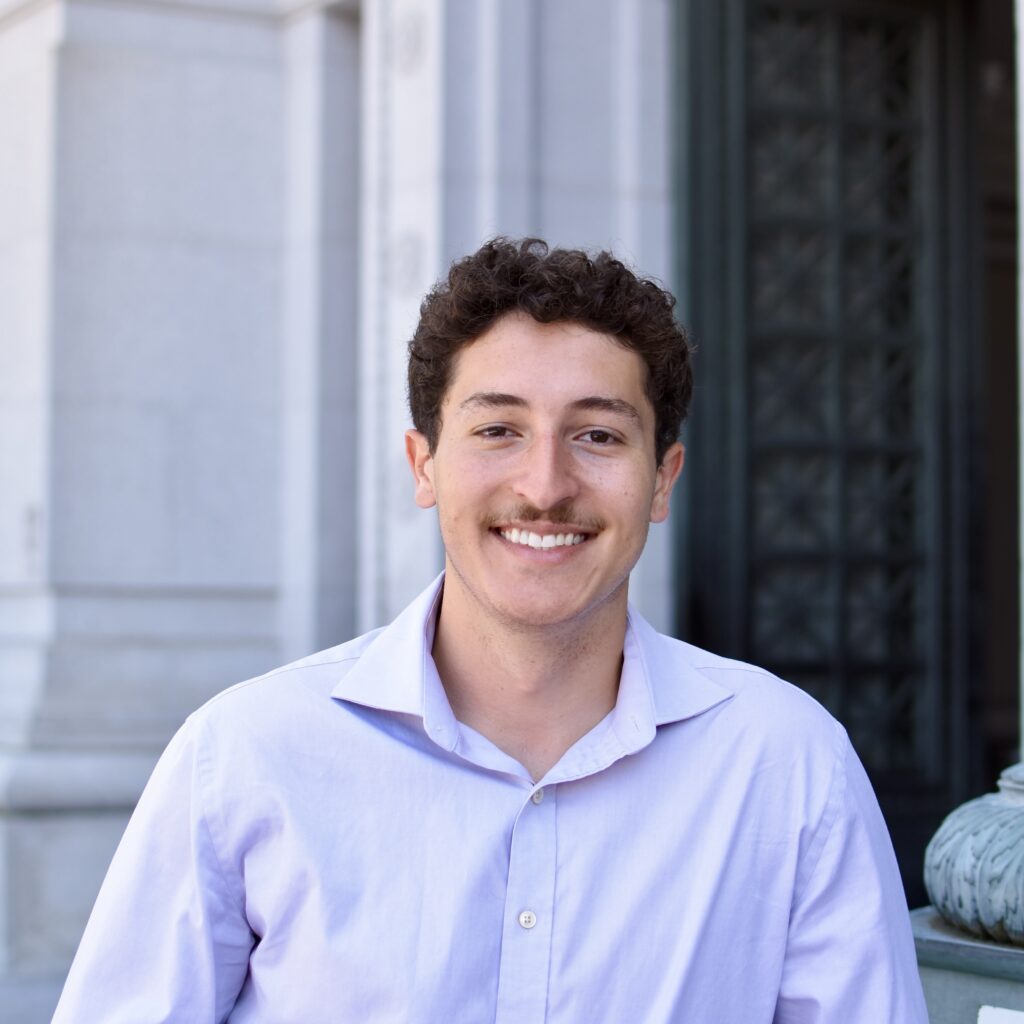Lawrence Chen

Crowdsourcing platforms such as Amazon Mechanical Turk (MTurk) and Prolific are unique sources of income for workers preferring a flexible work arrangement and a low barrier to entry. While crowdsourcing research has primarily focused on optimizing worker performance from the manager’s perspective, this project shifts focus to how workers may strategically select tasks by balancing exploration versus exploitation to maximize income. The theoretical component of this project will utilize recent developments in multi-armed bandit problems to construct a novel mathematical model of crowdsourcing work from the worker’s perspective. The empirical […]
Bella Chang

From the time one is born, family is the tie that binds you to what is supposed to be your first community. For children who enter foster care, that community either doesn’t exist or is broken to the point of nonexistence. Children who enter foster care are often separated from their primary biological ties, such as their siblings, and their primary physical roots, such as their place of origin. Studies show that this physical instability increases foster youth’s vulnerability to trafficking, even into adulthood, with the Bay Area as a […]
Katrina Wolters

This project aims to use advanced computational modeling techniques, such as Hidden Markov Models (HMMs), to better understand fluctuations and biases in humans’ perceptual attention while making visual judgments. By applying these methods to continuous report data and eye-tracking data, we will explore the variability in perceptual biases and gaze behavior among participants. While previous studies have explored differences in task performance and gaze behavior in relation to attention, they often did so by inducing different behavioral states using separate tasks. My project will be among the first to explore […]
Jo Moon

South Korea’s embedded oemojisangjuŭi culture, meaning ‘looks are supreme’ and shorthanded to ‘lookism,’ defines the national prejudice against those who do not meet idealized appearance standards—leaving little escape from cosmetic treatments, products and procedures as solutions. In order to best understand the development of Korean beauty culture’s current landscape, my analysis starts from its proliferation under the period of Japanese colonialism. I argue that Japanese colonial rule (1910-1945) was an essential contributing factor in not just establishing the Korean cosmetics economy, but beauty labor itself, linking consumption with modernization as […]
Jishan Jiang

China’s vocational colleges increasingly channel students into data labeling internships, underpinning the nation’s ambitious AI development agenda. However, legal carve-outs in Chinese labor law designate these positions as “training” rather than formal employment, effectively excluding students from labor protections and rendering them a disposable workforce. This study asks: How do legal carve-outs, in conjunction with state-promoted socio‐technical imaginaries—collective visions framing data labeling as both a technical necessity and a patriotic contribution toward China’s AI future—shape labor practices and influence long‐term career trajectories of vocational college students? Existing studies rarely document […]
Jack Haleem

My research explores political engagement behaviors in the H3 community—a left-leaning, entertainment-driven online space centered around the popular H3 Podcast, which has over 3 million YouTube subscribers. While not a traditional political platform, the show frequently comments on social and political issues through humor and satire. I’m examining how participation in this community influences political identity and engagement, particularly compared to those who spend more time in explicitly political spaces focused on reliable information. By comparing highly active H3 users with less engaged members and with users of fact-based political […]
Haley Ray

As a SURF fellow, I’m researching how food waste, specifically spent coffee grounds from Berkeley coffee shops can be repurposed to grow functional mushrooms like oyster, lion’s mane, and shiitake. These fungi not only help break down organic waste but are also known for their nutritional and medicinal potential. My project investigates both the viability of coffee grounds as a growing medium and the health benefits of these mushrooms, including lion’s mane’s cognitive support and shiitake’s immune-boosting properties. Through lab-based cultivation trials and literature-based nutritional analysis, I aim to explore […]
Georgie Hallbach

This research project will investigate the thirteen drug rehabilitation centers in Vietnam founded by Army directive 600-32 in December 1970. In 1970 heroin use increased sharply among servicemen after years of steady alcohol and marijuana consumption. Major media outlets like The New York Times published sensationalist accounts of drug-addicted troops. In response to public outcry, Nixon launched a “War on Drugs” in June 1971. Evaluating the effectiveness of Nixon’s program is often the focus of scholarship, while the Army rehab centers that predated this program are lost in the narrative. […]
Elisa Matalon

The digital ecosystem of the 21st century is rife with false information, shaping real-world decisions from public health to politics. While past research on misinformation susceptibility has focused on relatively fixed factors like education or socioeconomic status, this risks sentencing large sections of the population to a permanent disadvantage. People do not respond uniformly to objective evidence, highlighting the need to study the internal factors that shape belief. My project investigates the role of perceived agency through the locus of control (LOC), which measures whether individuals see life outcomes as […]
Benjamin Szeghy

This project explores the similarities and differences between the human trauma caused by wildfire destruction of the secondary community that was the affluent Pacific Palisades neighborhood of L.A. in January of 2025 compared with destruction of powerless towns such as Buffalo Creek in 1972, destroyed by a coal mining flood in Appalachia. Broadly, this project is geographic in nature. It identifies place by exploring the loss of place. It explores the relationship between self identity in a community of residence and geography. The situation in Palisades is unfolding rapidly, and […]